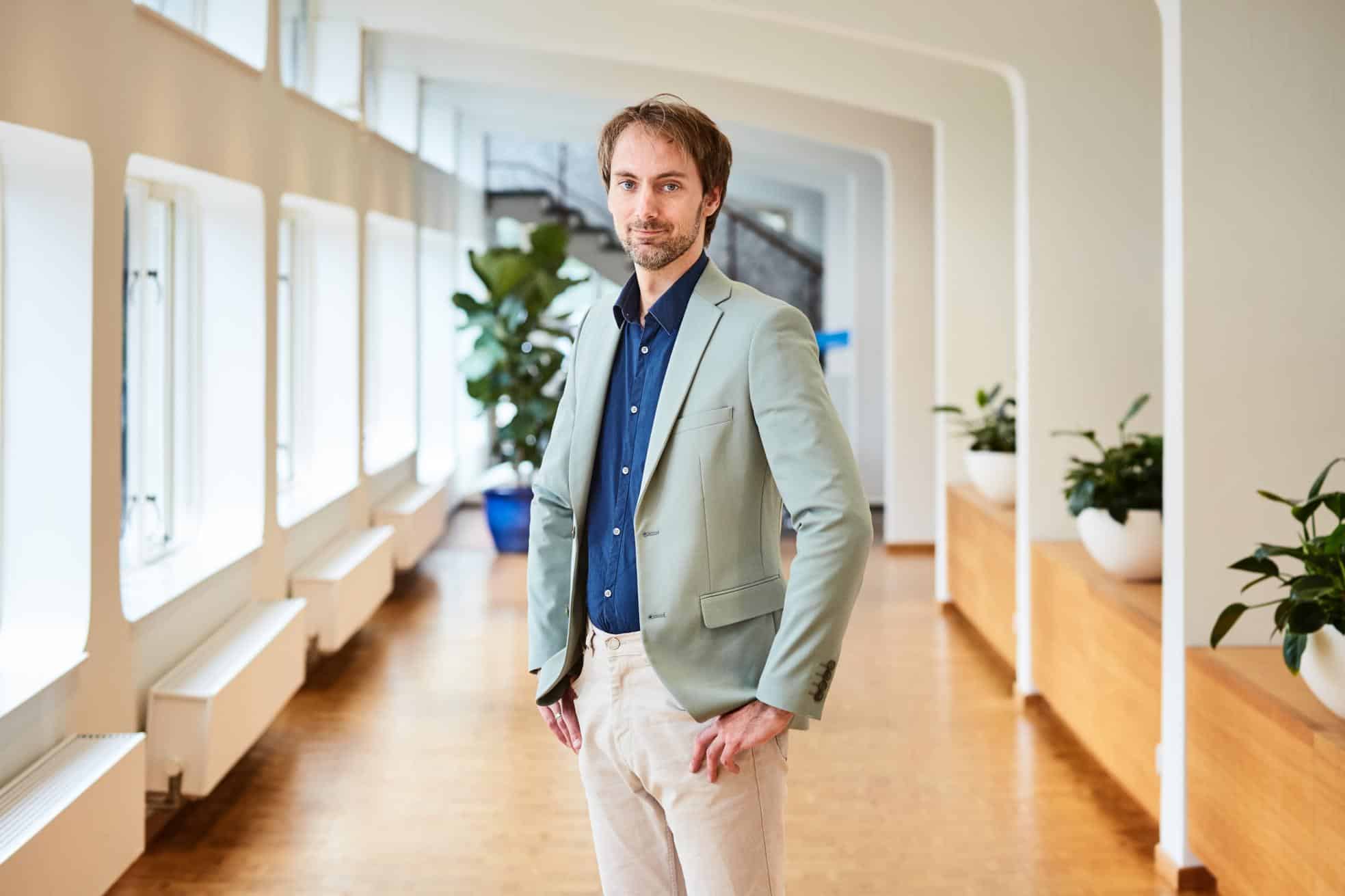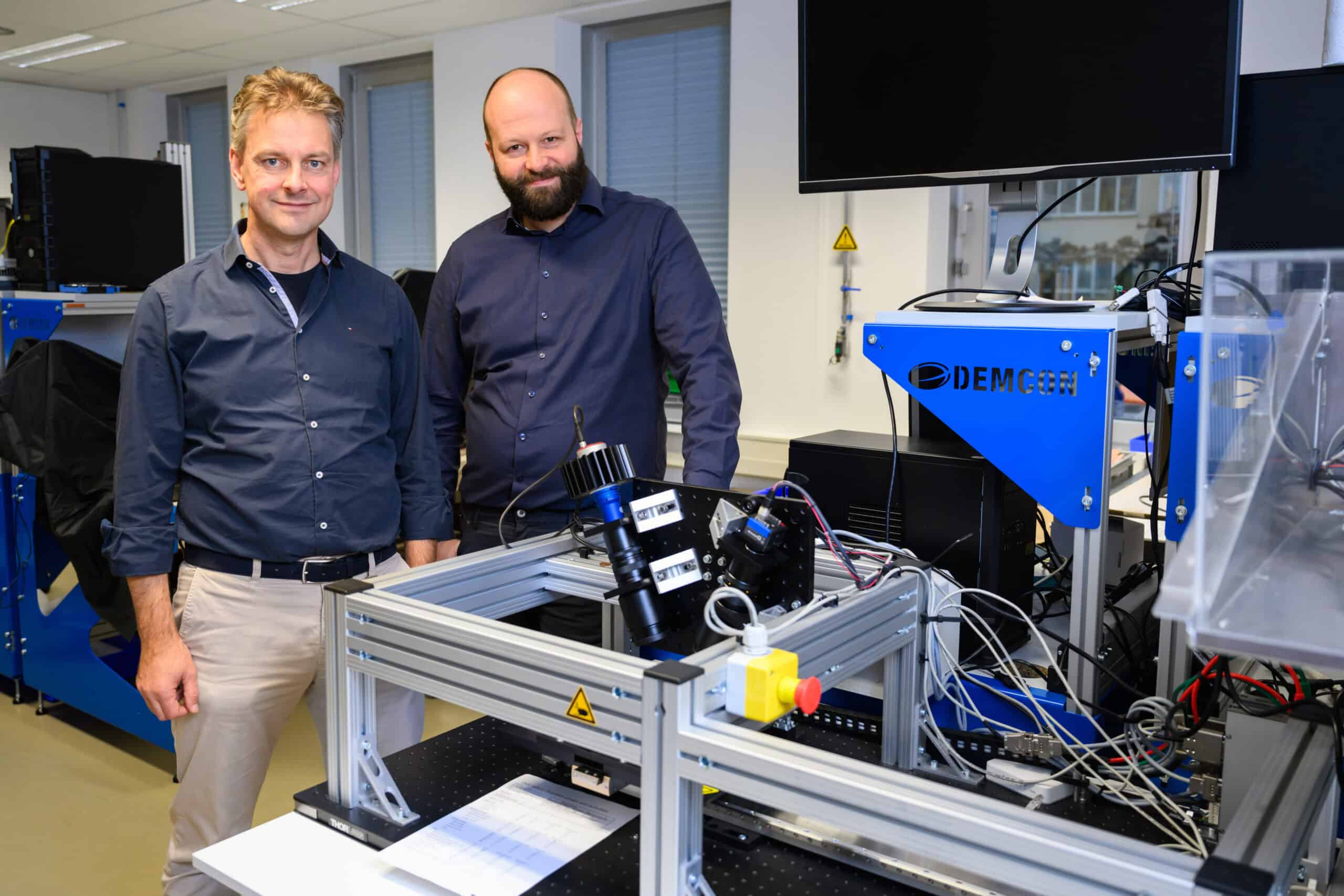
LiDAR is a technology that determines the distance to an object or surface through laser pulses. LiDAR solutions are more accurate and precise in detecting and mapping objects than other solutions such as radar and RGB cameras. Scantinel Photonics, a startup developing nextgen LiDAR solutions for mobility and industrial applications, now has secured a €10 million extended Series A. The round was backed by PhotonDelta and current investors Scania Growth Capital and ZEISS Ventures.
Scantinel will use the funding to roll out its Frequency Modulated Continuous Wave (FMCW) LiDAR devices to customers. In addition to high precision, LiDAR is also insensitive to interference. This makes it ideal for enabling autonomous driving, as well as within logistics – such as conveyor belts and autonomous cranes. However, LiDAR devices have previously been too large, expensive or difficult to produce to be practical alternatives.
Photonic chips
By using photonic chips, which use light instead of electrons to transfer information in microchips, Scantinel has developed its groundbreaking FMCW LiDAR solution which has the power, affordability and mass production scalability to enable LiDAR to have broad application across industry and mobility. The technology delivers a detection range beyond 300m with superior resolution and solid-state scanning. Scantinel has signed a number of partnerships with major global automotive, mobility and industrial companies.
European photonics ecosystem
The investment by PhotonDelta marks another step in its mission to build a European photonics ecosystem. In April PhotonDelta secured €1.1 billion in public and private investment to scale up production, build 200 startups, create new applications for photonic chips and develop infrastructure and talent.
Andy Zott, Managing Director and Co-founder of Scantinel, said: “We see a great value having PhotonDelta as an additional investor and we are looking forward to maximizing the collaborations and benefits from PhotonDelta’s leading integrated photonics ecosystem.”








